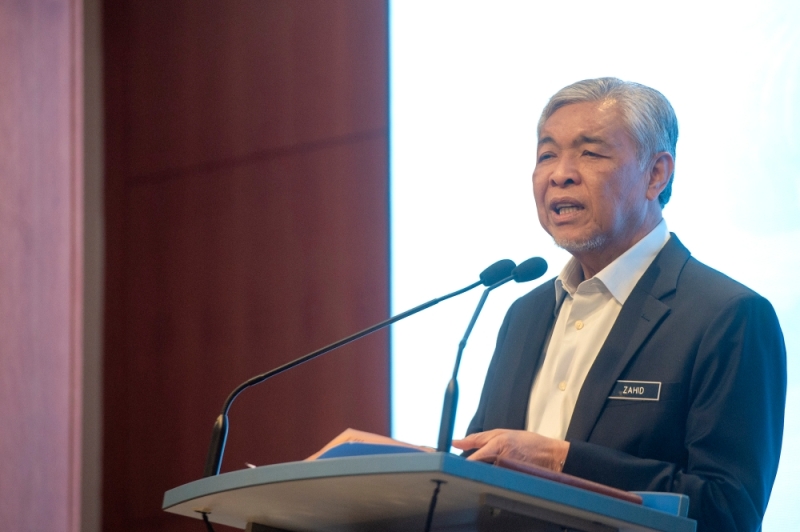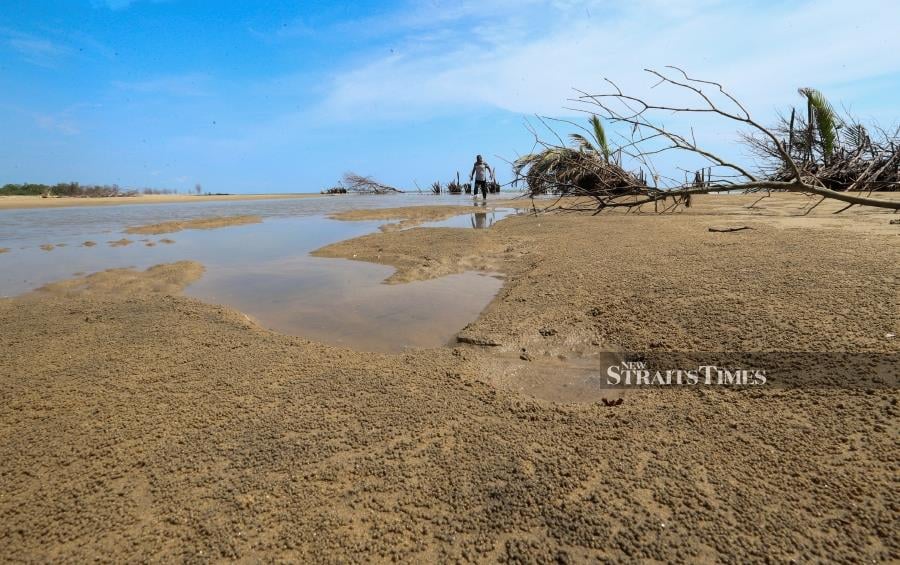Zahid: No Need To Declare Emergency Over Heatwave Yet
The Deputy Prime Minister, however, assured that the government is prepared and might reconsider the decision if the temperature reaches 40°C.
While the ongoing heatwave in the country is causing issues, there's no need to declare an emergency over the hot spell just yet, said Deputy Prime Minister Datuk Seri Ahmad Zahid Hamidi
Zahid was asked to comment on calls made by the civil society group the Climate Emergency Coalition of Malaysia, which urged the government to treat the heatwave as a visible impact of the climate emergency.
The coalition had also called on the government to come up with heatwave action plans and conduct vulnerability assessments in a bid to ensure the safety and well-being of the people.
The calls came after multiple reported deaths, which included children, and predictions from climate experts stating that the temperatures at some locations in Malaysia are expected to reach 40°C in July.
In response, the Deputy Prime Minister told the media in Putrajaya today, 16 May, that while the government sees no immediate need to declare an emergency, it is prepared to handle the situation should it get worse.
"We have put in place proactive and preventive measures to face the heatwave. For now, we don't think there is a need for an emergency to be declared. But if need be, we will issue Directive 20 of the National Security Council for an emergency to be called," The Star quoted Zahid as saying.
According to Zahid, the current weather conditions are expected to last until September and the government might reconsider its decision if the temperatures reach 40°C
"If there is going to be an emergency, we will announce it accordingly. For now, not yet," he added.
In the meantime, he said, the responsible agencies are monitoring the situation 24 hours a day.
Zahid said that the government is carrying out cloud seeding for affected areas with the help of the Royal Malaysian Air Force (RMAF) and the Malaysian Meteorological Department (METMalaysia)
"Cloud seeding is done immediately, together with RMAF and METMalaysia in several dam areas, and we will focus on seven areas where the water level is expected to decrease and affect water supply. The seven areas are Sungai Muda, Kedah River, Melaka River, Kelantan River, Klang River, Bernam River, and Similajau River in Sarawak," Malay Mail quoted him as saying.
At the same time, 101 tube wells have been installed in peat soil areas for hard-to-reach areas, he added.

